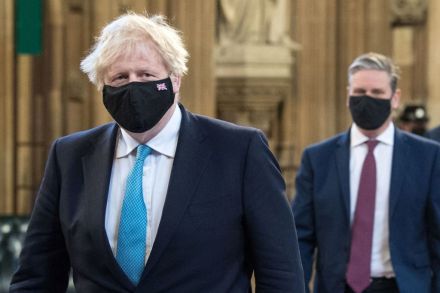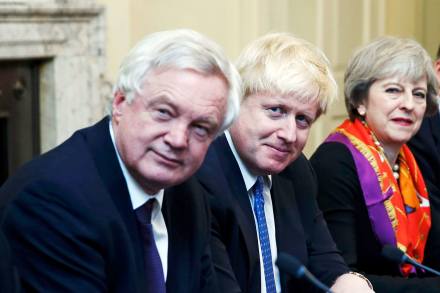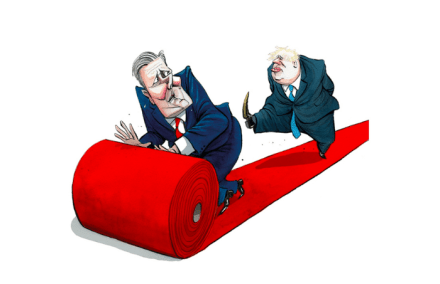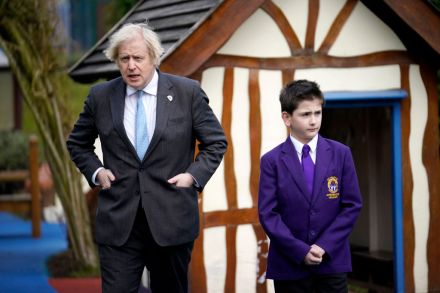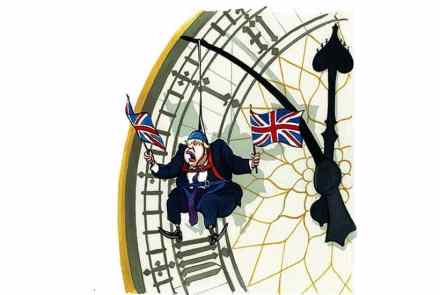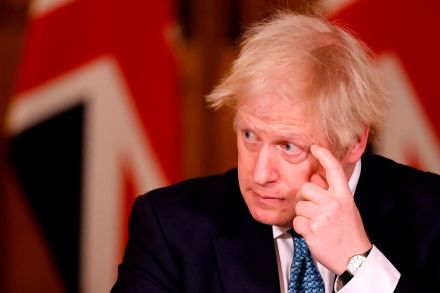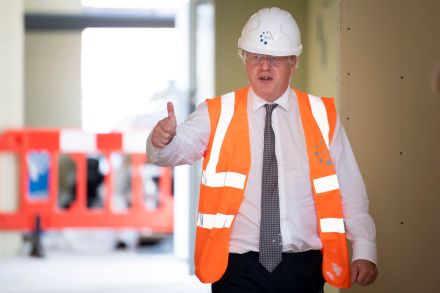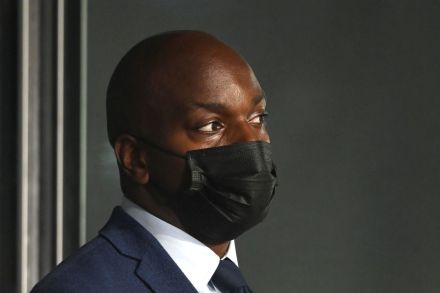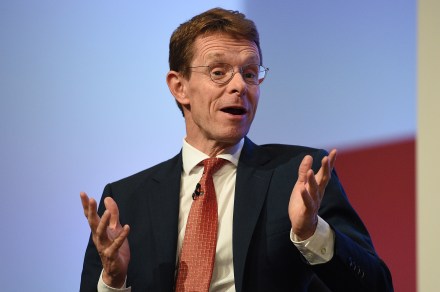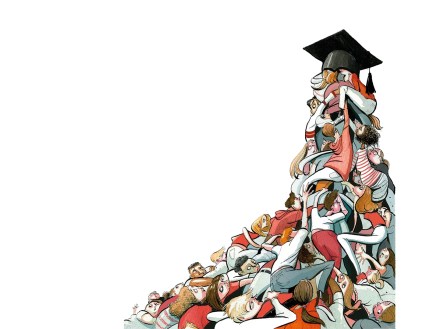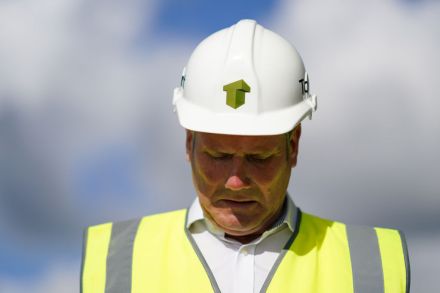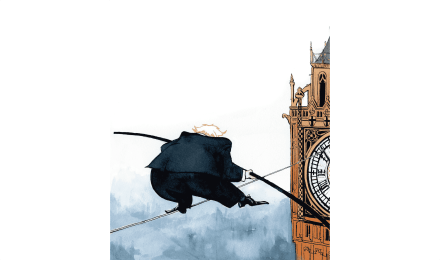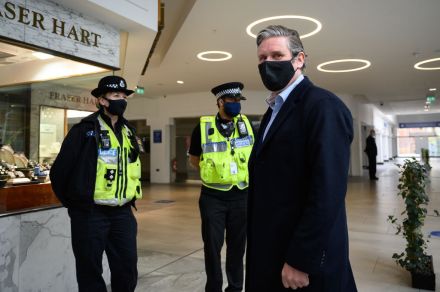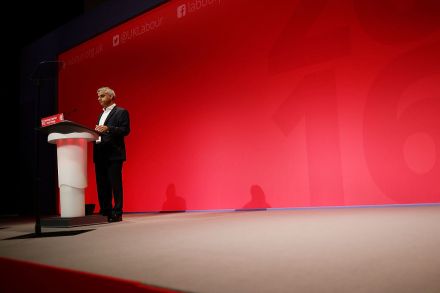How Starmer can beat Boris
How should Keir Starmer deal with a problem like Boris Johnson? Despite the Prime Minister’s mistakes in the handling of the pandemic – and a string of embarrassing stories about his private life and finances – Boris seems unassailable. Johnson is seen as best suited to be Prime Minister by 40 per cent of voters compared to just 23 per cent for Starmer; most surveys give the Tories a double digit lead over Labour. Party leaders receive much unsolicited and often useless advice. Starmer is not alone in that. Over the years, Sun Tzu’s The Art of War has been scoured for helpful aphorisms, while Machiavelli’s The Prince is still
